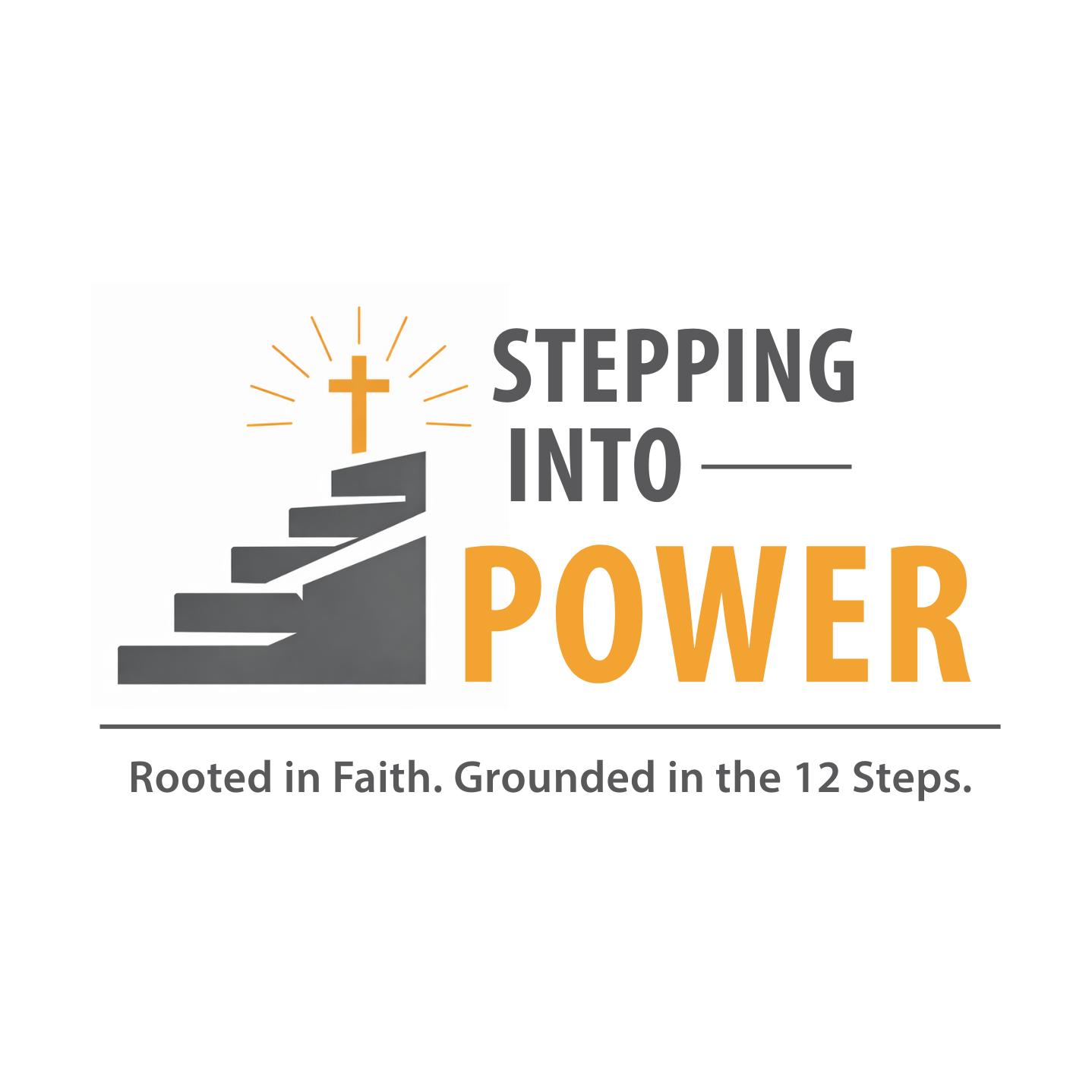STAY CONNECTED
Never miss a new post! Receive our latest blogs, recovery insights, and updates from The Dunamis Initiative right in your inbox.
“I’m George, and I’m a grateful alcoholic,” the 70-something said before sharing at an AA meeting.
At first, I thought I misheard. Alcohol had ruined my life and nearly killed me—how could anyone be grateful for it? But George said it again at the next meeting, and again after that. Finally, I cornered him to ask what he meant.
He agreed to explain—but only if we met at a local diner. I ordered coffee; George ordered pie and coffee. Before answering, he launched into stories about his grandmother’s cherry pie. After several minutes, I grew impatient. Finally, George looked at me and said, “I’ve been answering your question the whole time.”
Gratitude isn’t about ignoring pain. It’s about learning to savor the good—sometimes as simple as cherry pie—that God has placed in our lives. This shift is what we call appreciation of life in recovery, one of the hallmarks of Post-Traumatic Growth.
Appreciation of Life in Recovery
One of the most common domains of Post-Traumatic Growth in recovery is developing a greater appreciation for life. Survivors of terminal diagnoses often describe seeing colors more vividly. Couples who survive devastating accidents say their love has never been deeper.
When everything you value is threatened—your health, your marriage, your future—you see clearly what really matters.
The Distraction of Busyness
Our culture trains us to stay busy. We brag about multitasking, but distraction is one of Satan’s favorite tools. It keeps us from noticing and giving thanks for God’s blessings.
When crisis strips away the illusion of control, we finally see what’s essential:
- Friends
- Family
- Life itself
- The love God has poured into all creation
John 3:16 reminds us that God so loved the world—not just certain people, but every atom of His creation. Yet instead of focusing on His gifts, we chase after possessions and distractions, fooling ourselves into thinking they’ll make life better.
Gratitude as a Gift
When George reflected on his near-death experiences and years of addiction, he realized life’s treasures were simple: cherry pie, a grandmother’s hug, the gift of another day. By slowing down, he had discovered gratitude—and he passed that gift on through stories and patience.
Now the choice is mine. Will I chase busyness and “stuff,” or will I choose worship and gratitude?
For me, the answer is simple: gratitude opens the door to joy. And that’s the essence of Post-Traumatic Growth—finding appreciation of life in recovery and learning to truly live again.
More on Post-Traumatic Growth
This post is part of our series on Post-Traumatic Growth in recovery. Explore the other domains of PTG and how they can transform your journey:
- New Possibilities → How recovery can open doors you never imagined.
- Relating to Others → Finding your tribe and building authentic community.
- Personal Strength → Discovering courage and resilience after trauma.
- Spiritual Change → Growing closer to God through surrender and faith.
- Appreciation of Life → Learning to value each day as a gift. (You are here)
Additional Resources
STEPPING INTO POWER SERIES
A Christ-centered walk through the 12 Steps—explored one step at a time.
The 12 Steps aren’t about shame. They’re about freedom.
Stepping Into Power is a faith-based 12-step recovery series that explores one step each month through short videos, guided reflection, and resources rooted in recovery wisdom and spiritual truth.
Available Video Content:
Series Intro: Faith-Based Recovery Through the 12 Steps
Step 1: Surrender

